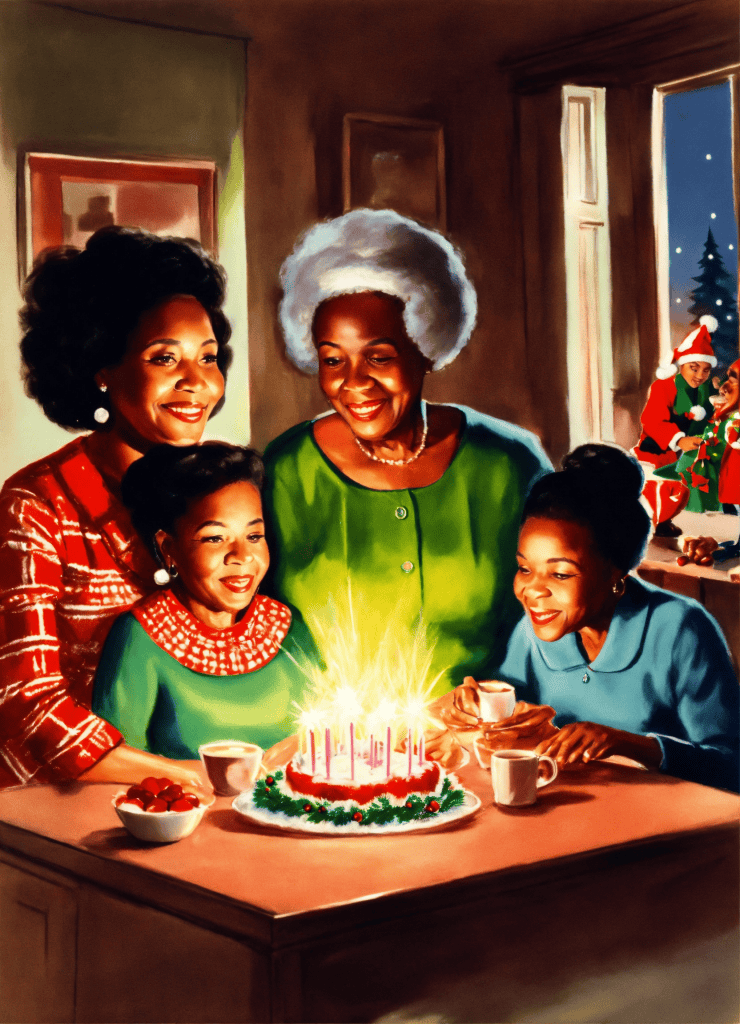Anything that is shared amongst a very diverse set of groups becomes the very glue that binds the family together. People intent on building anything or an entity linger on the family time concept, no matter what they’re engaging in: from cooking together to eating together to going through a family ritual. Like any family, shared experiences for diverse families can create a bond without stifling an individual’s descent in terms of traditions, culture, or beliefs. An outing of some kind would be good, a picnic, or a sports day, where the actual activity is of secondary importance to the regular effort of engaging in meaningful family time.

Why Activities Matter in Family Life
These days, life moves fast—emails keep coming in, homework piles up, and there is always another person to forget about the trash. Somehow, things like these are the family activities that grant much-needed TIME escapism. They remind everyone that family means more than just a group of people sharing a roof, who care, love, support, and laugh with each other.
For diverse families, being able to execute such activities is, really, something that needs to be considered a necessity in establishing bridges from different backgrounds, cultures, and even ways of thinking. When families consciously choose activities, they state, “We’re in this together.” That feeling of bonding can never be bought; it is yet to be built by way of having a shared meal or a silly board game here and there.
Shared Rituals and Traditions
Rituals might sound very formal; however, they are just a repetition of behaviours to which families assign structure and meaning. It might be Friday night pizza, Sunday visits to grandma and grandpa, or an annual celebration of cultural and religious holidays.
Families of all kinds are guided by customs and procedures, which carry a heavier meaning. They make it possible for every member of the family to accept and understand the other members’ culture. In one week, we might be lighting diyas and eating sweets for Diwali, and the following week, carving pumpkins for Halloween night. By such practices, children can understand and value various viewpoints, and every person has a belonging.
Years later, a child looks back, it will not be the toys that he or she will remember but rather the traditions—bedtime stories, songs, or perhaps meals that began with “Tell me your favourite part of the day.”
Eating, Playing, and Laughing Together
Food is and has always been” the” language of love. It’s much more than just filling the stomach. Eating together has always served as a unique opportunity to bond, exchange tales and foster human relationships. To multi-cultural families, mealtimes can become a variety of ethnic and cultural festivities, one day featuring the grandmothers’ signature dish and another day celebrating the fathers’ delicacy on wheels.
Games are one more powerful option. Anybody who plays Monopoly or has charades or just an informal soccer game in the backyard with the family knows that games offer families an hour or so to relax from daily pressures and have fun. Nothing connects people more than debating whether “draw four” is really a legal play in Uno. And laughter? That really is the secret ingredient. Humour helps get you through tough days and fills in the small cracks, reminding you and your family that life doesn’t need to be so serious all the time.
New Activities and Shared Learning
One of the very best ways for a family to bond is by trying something new. Think about things like placing a bid for a family cooking class, planting a garden, or learning an instrument together. In mutual innocence, a kind of equality forms: errors become jests for all, and minor achievements become rejoicing among all.
Another special way of volunteering together is serving the needs of others. Volunteering is an excellent way of developing empathy and teamwork amongst family members, whether at a food bank or a community cleanup. Museum outings, cultural occasions, and nature trail walks can all stimulate curious inquiry and conversation while simultaneously creating wonderful lifetime recollections.
In the middle of all these, the real question isn’t which activity can strengthen a diverse family—it’s whether families will choose to be intentional about doing them. Because the activity doesn’t need to be perfect, it only needs to be shared.
Activities That Celebrate Diversity

In families from diverse backgrounds, differences should be acknowledged and celebrated, never brushed aside. Events such as storytelling nights permit individual members to share experiences and culture. While a parent entertained the guests with stories of his or her childhood traditions, children worked on projects relevant to their own ancestries.
The creation of strong families is just starting the celebrations of activities, for it is during these activities that children come to appreciate inclusion, respect, and pride in their own heritage.
Key Principles for Stronger Bonds
Not every activity guarantees closeness. What matters most are the principles guiding them:
- Connection over materialism: Experiences will outlast gadgets. A game of catch or an evening walk beats a new phone every time.
- Presence matters: Put the phone down, make eye contact, and listen. Being present shows respect and care.
- Inclusion stands incumbent: Each family member, young or old, must feel that their ideas and voices matter. Activities designed must be inclusive and should never leave anyone out.
These simple principles turn ordinary activities into extraordinary moments.
When Families Neglect These Activities
Families that do not invest in bonding activities soon drift away from each other. When homes are filled with busy schedules and empty of some shared rituals and moments to belong to one another, individuals could get the feeling of being alone in the building. For diverse families, the lack of common activities often highlights the differences rather than serving as a means to lessen them, sometimes leading to ill feelings of miscommunication or isolation.
The truth is, families do not simply fall apart overnight. Disconnection creeps in very slowly until, one day, it feels like everyone is a stranger. The best hedge against that drift is investing in family activities.
What This Means for You
Which activity can strengthen a diverse family? Any event that gathers people (regularly), that respects the voice of every family member, and that celebrates both unity and diversity could qualify. Maybe something as ordinary as a Wednesday dinner, maybe as glitzy as a game night, or as deep as volunteering together. Perfection is never the goal—just the act of being present.
Still, some families find that even with activities, deeper challenges like conflict, communication breakdowns, or cultural differences remain. That’s where therapy can make a lasting difference. Working with a professional provides tools to turn activities into genuine connections and repair strained bonds.
At Inner Peace Therapies, we support families in creating stronger bonds through compassionate counselling. Should you need assistance, our Lombard therapist Services would be of benefit to you. We value family unity and provide a safe, supportive setting to work through problems. From communication issues to cultural differences and typical daily stressors, we assist families in creating an enduring connection that outlasts the packing away of board games.





